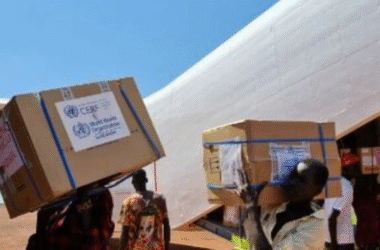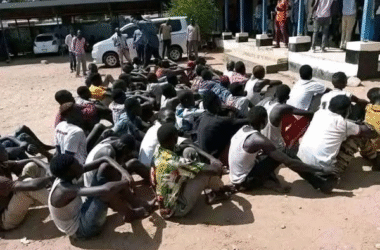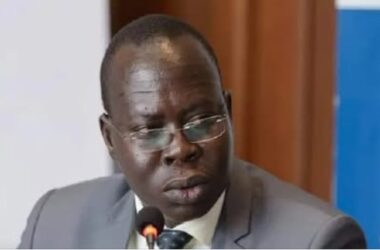By Akol Madut Ngong
South Sudan and IGAD has signed two protocols on transhumance and humans to regulate movement of pastoralists and their livestock across the member states.
Under a deal signed yesterday, South Sudanese cattle keepers can move with their herds across East African countries in search of better pastures so long as they get movement certificates.
These protocols are supposed to regulate within the recognition of pastoralists who do cross border transhumance, as they cover different countries, like South Sudan, Ethiopia, Kenya and Uganda.
Speaking after the signing, the Minister of Foreign Affairs and International Cooperation, Mayiik Ayii Deng commended the move saying pastoralists are seasonal.
“They are not coming or going to stay forever, they come for seasonal grassing and they go back into their original country, these mechanisms will guard and regulate the livestock, and will put in other stakeholders’ such as health sectors,” he said.
Meanwhile, the Intergovernmental Authority Development (IGAD) IGAD Deputy Director for pastoral and livestock Areas Dr. Adam Bina said the protocol is supposed to regulate and give recognition for pastoralists who do cross border transhumance and humans.
“The same season they move into the border and same season they are in the other border, that movability is a national support regularly to safe movement in seven members countries, so this transhumance is just care about pastoralism and that is a protocol which today South Sudan have signed upon all the foreign ministers sitting,” Dr. Bina said.
“We called IGAD Transhumance certificate but internationally is call international transhumance certificate, pastoralist is not only in Africa, they are in all over the world, people want their own movement of livestock and the one danger disease is bongo animals’ diseases,” he added.
However, he said that there should be health authorities to certify on the certificate to show that the animals are vaccinated for diseases.
He stated that if the animal has crossed the other side of the country, it would show that these animals have got vaccinated.
Similarly, ambassador Bina said that the custodiam will be ministry of livestock who is going to implement the signed memorandum of understanding (MoU).
However, the minister of livestock and fisheries Onyoti Adigo Nyikwech said that the agreement in the protocol will guide and organize, and also manage the movement of livestock in various countries.
He said cattle have no boundaries and cattle owners are also moving. “So, the members states of IGAD have found a good thing; that, there is a need to organize their movement that will be the benefit for members states, marketing will be very important and the movement also will be guided by the L-Certificate. It will be following these livestock because we don’t want cattle moving from different countries coming to affect the other countries if they have got diseases,” he said.
The minister said that there is a need for the movement of cattle to be guided by the certificate, arguing that they may have diseases of cattle, and can affect human as well.
Onyoti said the movement will be guided by the L certificate which will be following suit, because we don’t want cattle from different countries coming to affect the other countries, if they had got diseases.
“So, there is a verification that there is a need for the movement of cattle to be guided by certificates. Because in fact, if they had diseases of cattle can affect humans also. Also, there is a protocol on the movement of human because people coming to other countries, are coming to the host countries so there should be a protocol to guide them, and all to facilitate their movement as they move in different countries,” he said.



